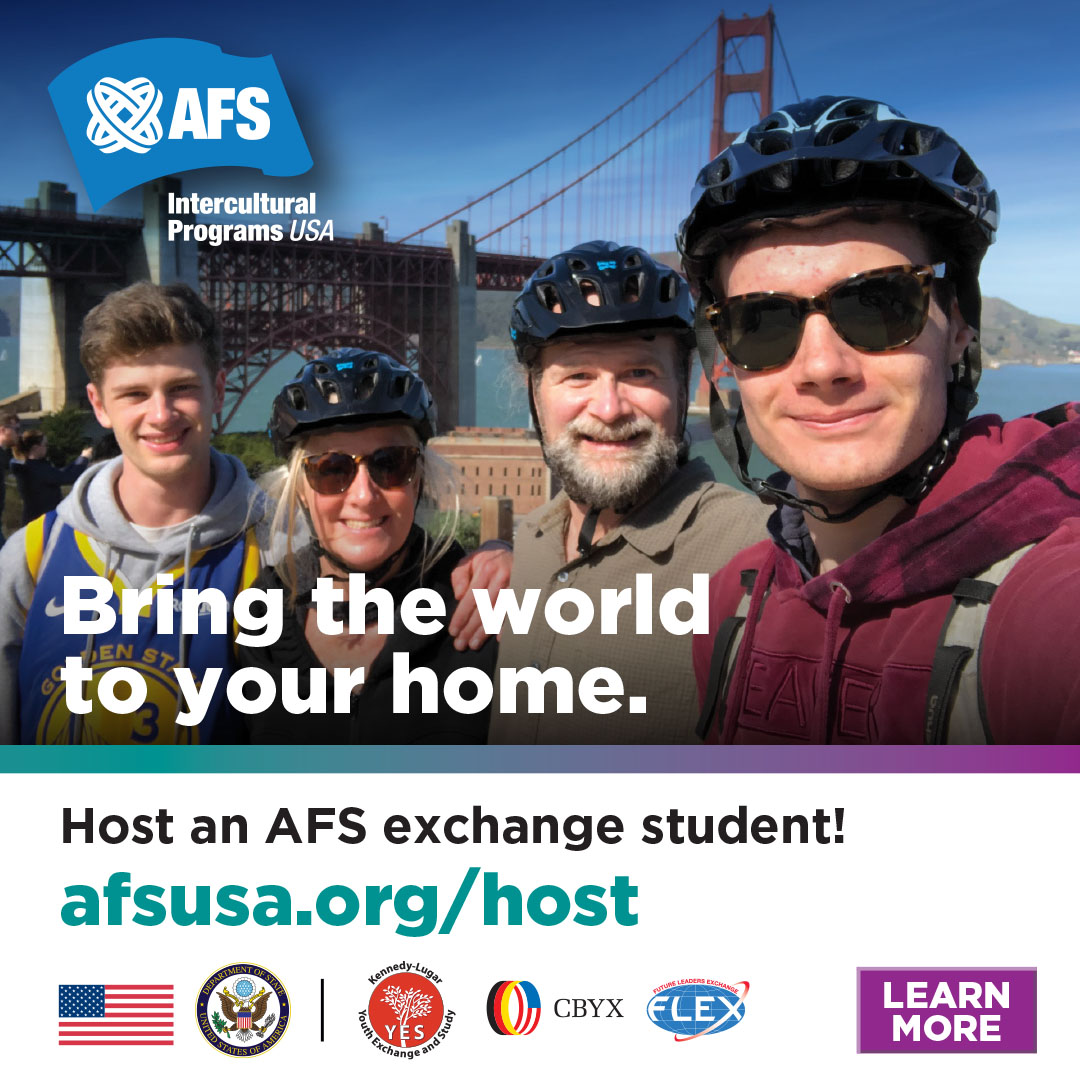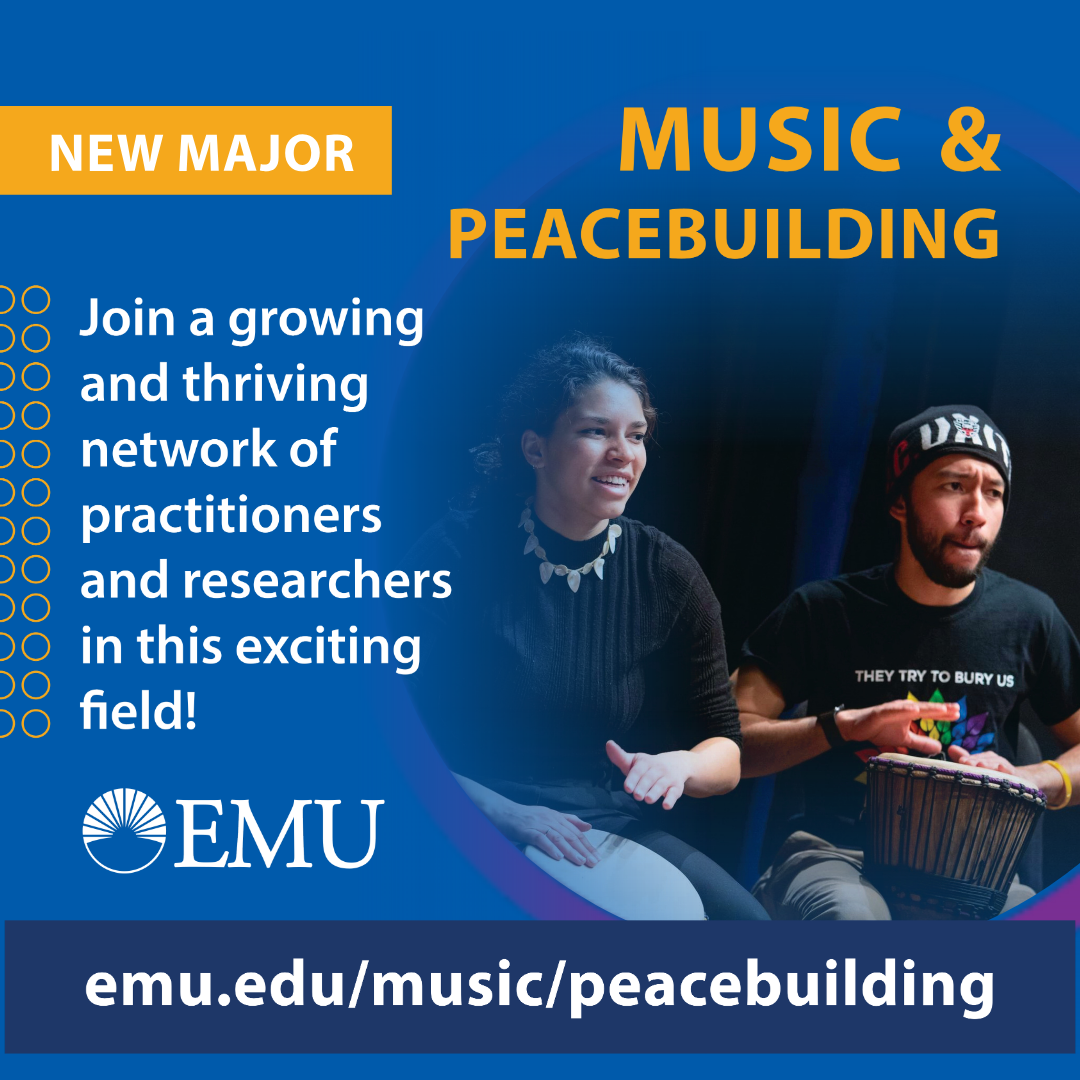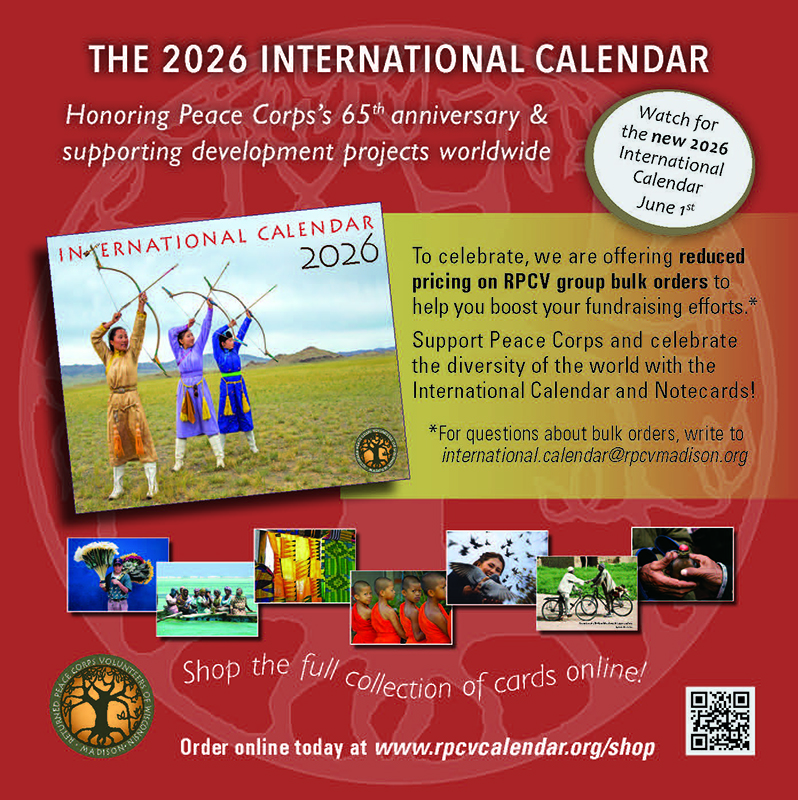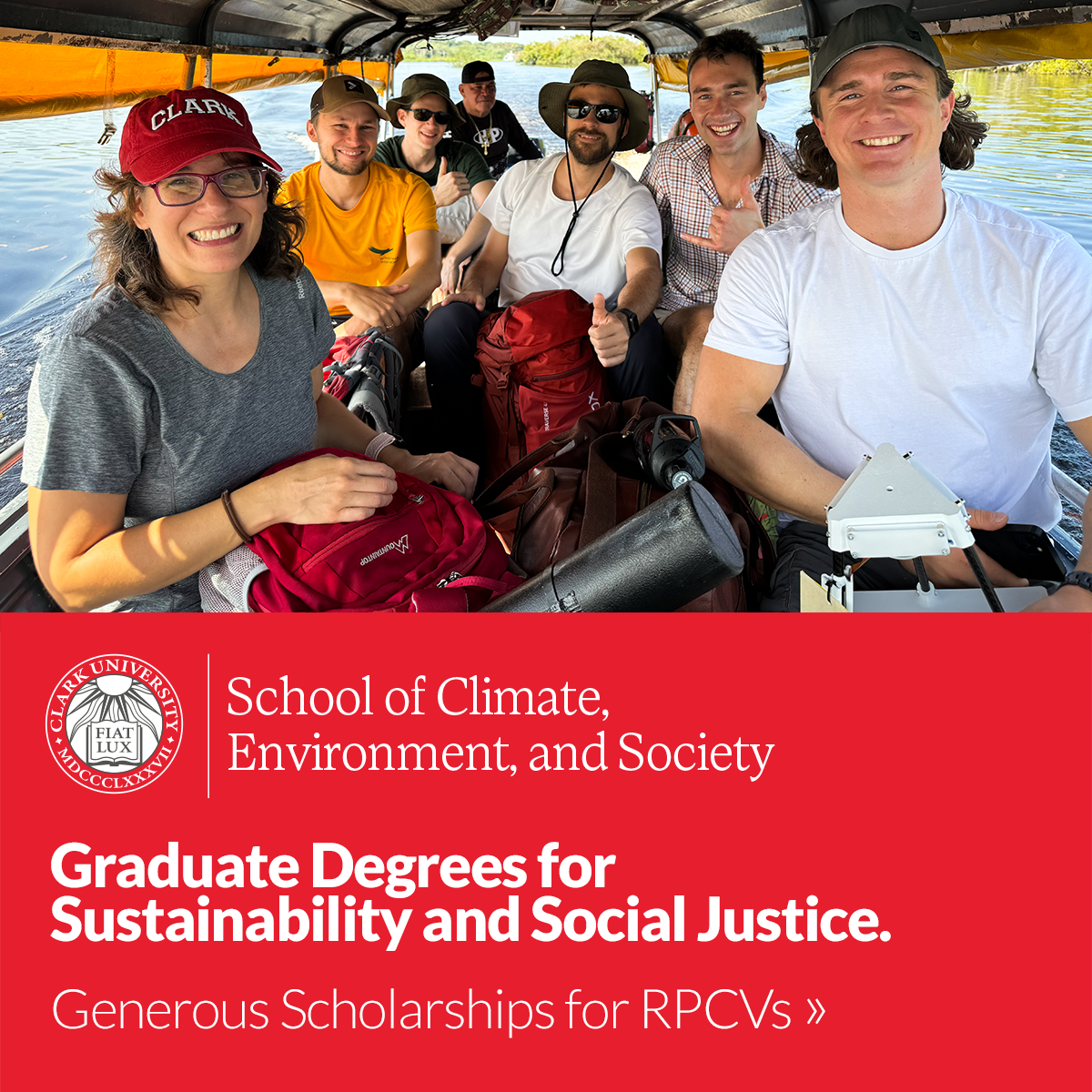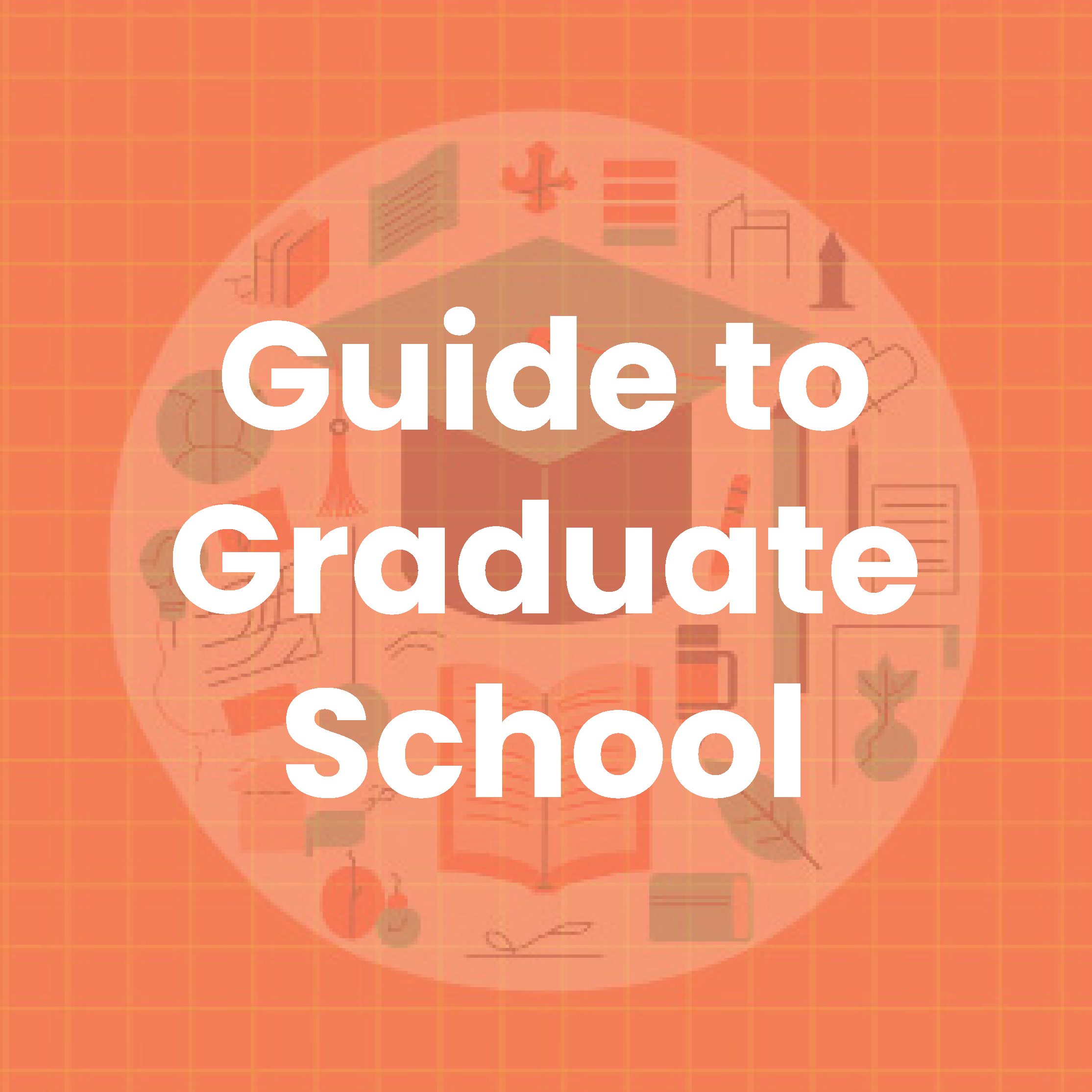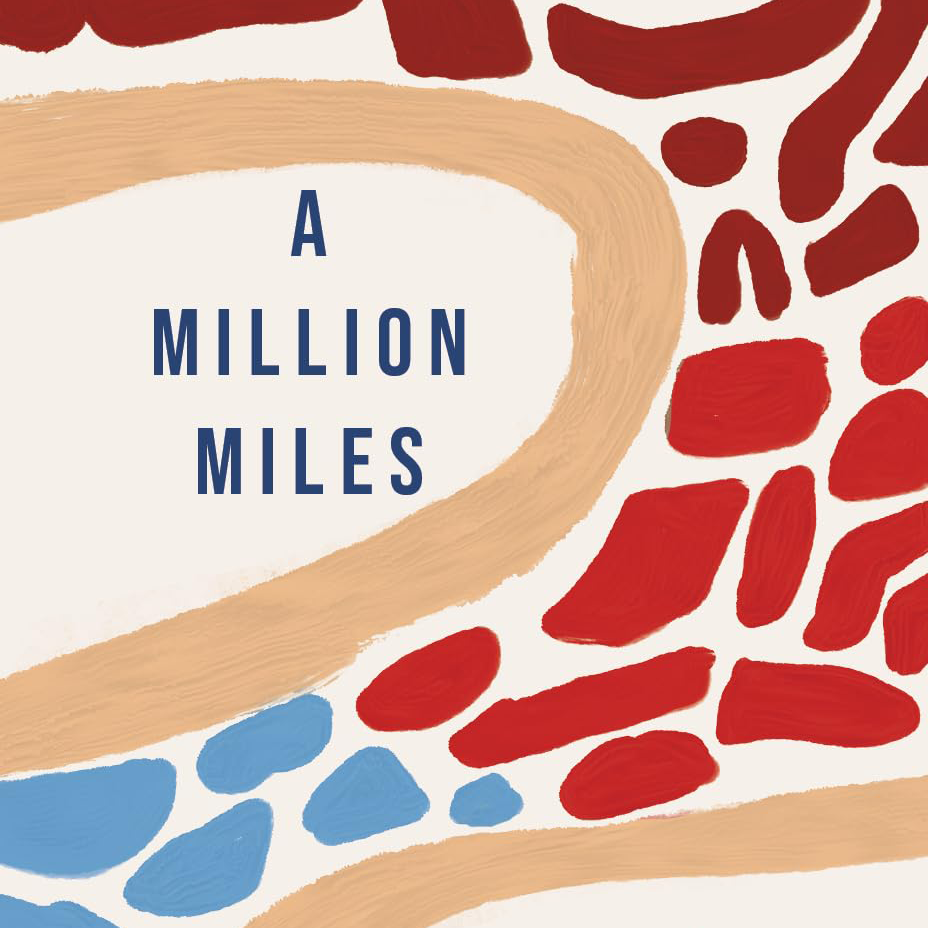
Time, Space, Presence
Jody Olsen on her new memoir
Very few people represent the values of Peace Corps better than Jody Olsen. Olsen, who served as director of the agency from 2018 to 2021, is one of just a handful of directors who also served as Volunteers before ascending to that position.
During the COVID-19 pandemic, Olsen made the unprecedented decision to evacuate all 7,000 Volunteers in the field to bring them safely home. She’s also a longtime champion of women’s economic empowerment. Today, she serves as co-chair of the RPCV group Women of Peace Corps Legacy, and chair of the Peace Corps Park advisory committee. Her most recent endeavor is the publication of her memoir, A Million Miles: My Peace Corps Journey, which takes readers along with Olsen as she navigates life, loss, and service.
Olsen recently spoke with WorldView about the book.
What inspired you to write about your Peace Corps experience and your career?
Someone asked me, “Why did you write this book?” And I said, “Because I couldn’t not write it.” The Peace Corps had such an influence on me; it changed me. I wanted people to know how important it is to go into another culture, to be absorbed, to learn, to give yourself away, and to find out who you are and who you can be for other people. It was my way of giving back to the incredible people, the experiences, the cultures, the families, the generosity that I encountered.
I’m not a writer. I had never written—I’ve written articles and lots of government memos—but I had never done this kind
of writing before. So it also was a way for me to stretch myself into something new and different, and to express the gratitude I have for the richness of Peace Corps experiences.
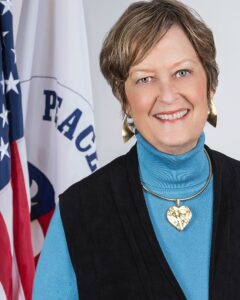
I started writing about 10 years ago and then I abandoned it, but someone said, “Boy, you’ve really traveled over a million miles.” It stuck with me. Something about a million miles in my Peace Corps journey stuck, and it’s been at least that.
For me, it’s also symbolic of travel, but not just travel. It’s being present in a lot of different places. To me, that’s what the million miles represents: a lot of places and a lot of experiences over a lot of time. I mean, a million miles takes a lot of years. I’ve been present in six decades of Peace Corps, in one way or another. It’s not “one million miles,” it’s “a million miles” because it then becomes a symbol of lots of experiences.
So, another one of the elements that’s so important about the Peace Corps is time. To understand that relationships take time. Humility takes time. Respect takes time. That’s where change happens. And we’ve all become, in general, too quick about things, and when we’re this quick I don’t think we’re learning very well. We’re not absorbing very well. It takes time for the brain to rearrange all its little pathways and [to] really under stand and learn from experiences.
Right now, some people can be close-minded to this kind of slower approach to the world. We’re in a rush to change things, especially when the world sometimes feels like a disaster.
To me, that highlights part of the message we need to share with young people. My hope is that the book sets a tone for the ways that we can give back. I hope people will feel hope because of what I like to call the microdifferences that often make up the [Peace Corps] exchange. We sometimes make differences with just one or two people. Returned Peace Corps Volunteers and others that are, let’s say, thirtysomethings, fortysomethings, and fiftysomethings can be mentors; we can be guides for future generations to have this experience.
You write a lot about democracy in the book.
Oh, very much so. My experiences from 1989to 1992 when the former Soviet Union opened up and I met with the leaders of countries that were four weeks old, countries that were six months old or just reemerging, like Albania, Hungary, Poland, Romania, wereso intense. The intensity of the demands on new leaders trying to find their way into a Western democracy coming from communist states had such an impact on me. I felt that I learned so much from those leaders.
As a Volunteer, a person has to be vulnerable. You don’t know the language, you don’t know the food, you don’t know the culture. You don’t know if you’re doing the right kind of job. You don’t know how anybody else sees you. You have to let go of the fears of that and drop into the experience of it.
I wanted people in the United States to know how important and difficult democracy is, and how people sacrifice so much for it. I wanted those stories because today some of that is forgotten and not fully understood the way they were in 1990. I wanted those stories to be read and is why I quote so many of the leaders from those countries in the book.
Democracy is humility. Democracy is respect for people that are different. Democ- racy is volunteering and committing to ser- vice. It’s being there for your neighbor. It’s having conversations, difficult conversations, but people being honest and respectful in those conversations. It obviously is voting. It’s also accepting results. And critically it’s being alive in the communities, and communities are global communities. It’s communities that are close to you. It’s communities in another state, it’s communities in another country.
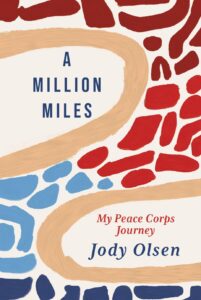
Version 1.0.0
I often think how the Peace Corps contributes to this. As a Volunteer, a person has to be vulnerable. You don’t know the language, you don’t know the food, you don’t know the culture. You don’t know if you’re doing the right kind of job. You don’t know how anybody else sees you. You have to let go of the fears of that and drop into the experience of it. And that’s how you learn to let yourself be part of other people. Your ability to hear other people becomes much stronger.
You mentioned you were not a writer before this, so what was that experience like, sitting down and writing the story for the first time?
I had to learn a whole different way of bring- ing people into a story. How do you create conversations? How do you describe in enough detail that a reader can see and feel that experience, and be in that experience with you? This was the really hard part. I had to find my own excitement, but my own sadnesses, my own intensity. The reader wants you to be honest. I had to dig deep inside myself in ways I had never done before, and find out who I am in this experience and what makes this experience more real.
What makes it more real? My anger or my sadness? Or my wishing I were not in it? Or who am I with my family? Who am I withfellow Volunteers? Who am I with my host family? What were those emotions? And I had to dig up those emotions and expressthem. The one where my brother was killed, I had been hiding behind that for 50 years, and it was the last part of the book that I wrote because I couldn’t face writing it.
What did it feel like after you had written the book?
I feel at peace now because I’m not carrying all this in my head anymore. I’m letting it go. I am letting it be present with others. It’s now there for others to have some of those same experiences through my own experiences. And I don’t have to keep remembering each one of them to make sure I don’t lose them.
What’s the main thing you hope readers take away after reading your book?
I hope the readers want to reach out to others that they otherwise would not have reached out to. I hope people who read the book will want to serve, and serve means with your family, with your community, with your state, whatever service means. That to me is the most important message, having the courage to help others.
I also hope there’s a message that family tragedy can be family renewal. Tragedies happen, parents leave, how do you get over sadness and anger? What is renewal? How do you learn from difficulties to be a stronger person, and in being a stronger person, one who can live and give in new ways?
A Million Miles: My Peace Corps Journey, is currently available for order on Amazon.com and from other booksellers.
This interview was edited for brevity and clarity.
Laura Taylor is a sophomore at Oregon State University majoring in media communications and former NPCA summer intern for WorldView.
Related Articles
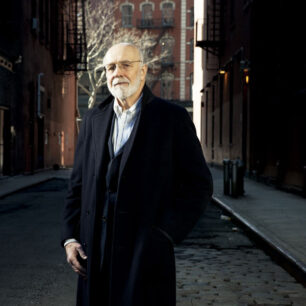
Made in America
Charlie Clifford (Peru 1967–69) is the founder of Tumi Inc., a global travel luggage brand, as well as Roam Luggage.…
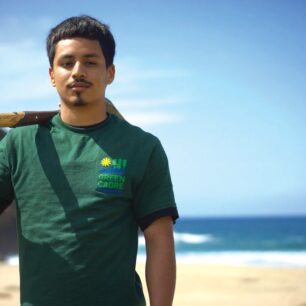
“Bigger Than Peace Corps”
California Service Corps is the largest state-based service program in the U.S. , with more than 10,000 volunteers across the…
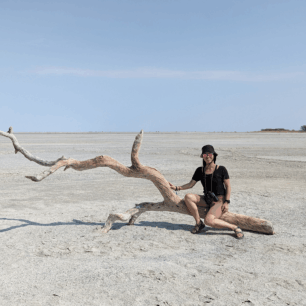
Signal Boost
The digital world is awash in voices seeking monetary reward or improved social status, as the online acronym goes, IRL…
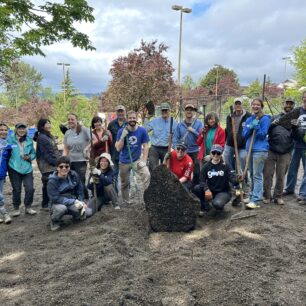
Garden of Refuge
As part of our commitment to continued service, the Seattle Peace Corps Association (SEAPAX) is partnering with World Relief Western…

